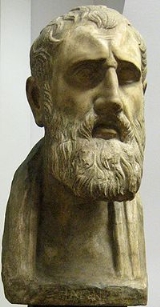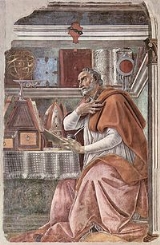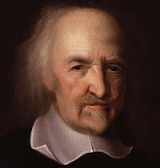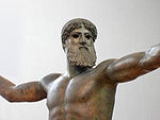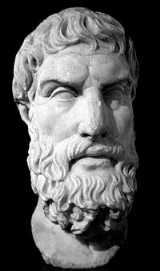
Epicureanism is a system of philosophy based upon the teachings of Epicurus, founded...
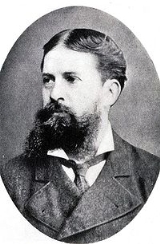
Pragmatism is a philosophical tradition centered on the linking of practice and theory....
Thought Experiments

"If a tree falls in a forest and no one is around to hear it, does it make a sound?" is a philosophical thought experiment that raises questions regarding observation...

The Ship of Theseus, also known as Theseus' paradox, or various variants, notably grandfather's axe and Trigger's Broom is a paradox that raises the question of whether an...

A Boltzmann brain is a hypothesized self-aware entity which arises due to random fluctuations out of a state of chaos. The idea is named for the physicist Ludwig Boltzmann ,...
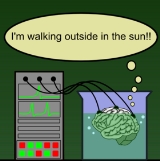
In philosophy, the brain in a vat is an element used in a variety of thought experiments intended to draw out certain features of our ideas of knowledge, reality, truth,...
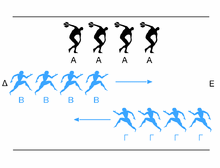
Zeno's paradoxes are a set of problems generally thought to have been devised by Greek philosopher Zeno of Elea to support Parmenides's doctrine that "all is one" and that,...

Artificial brain is a term commonly used in the media to describe research that aims to develop software and hardware with cognitive abilities similar to the animal or human brain...
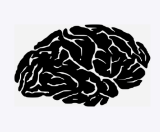
A philosophical zombie or p-zombie in the philosophy of mind and perception is a hypothetical being that is indistinguishable from a normal human being except in that it lacks conscious...
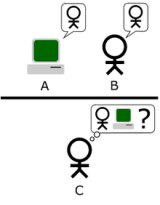
The Chinese room is a thought experiment by John Searle, which first appeared in his paper "Minds, Brains, and Programs", published in Behavioral and Brain Sciences in 1980

The trolley problem is a thought experiment in ethics, first introduced by Philippa Foot, but also extensively analysed by Judith Jarvis Thomson, Peter Unger, and Frances Kamm


